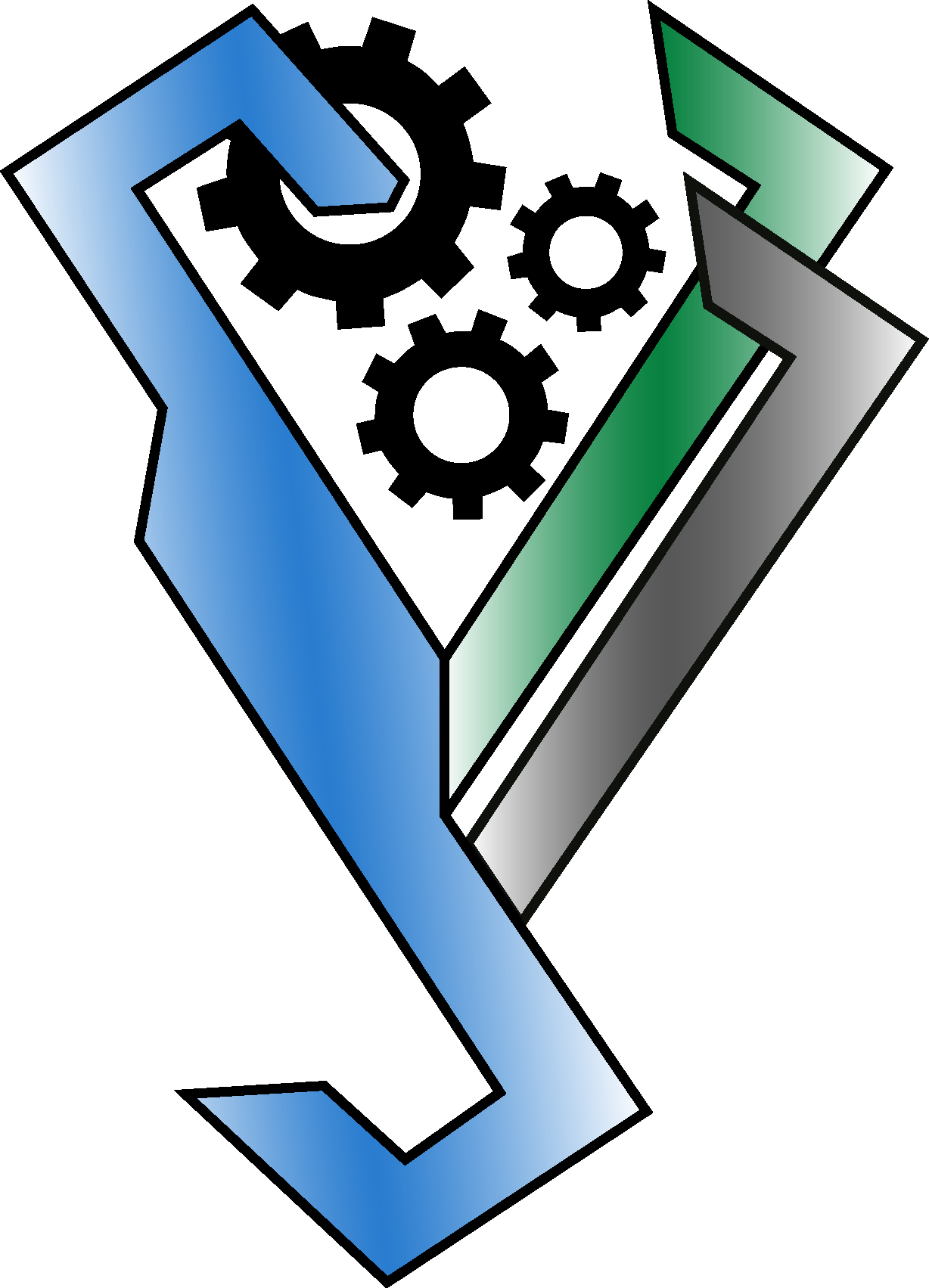Operational solutions
SmartShell Services Ltd has the responsibilities for the day-to-day running of your building; these tasks are carried out directly by us and our employees. We manage, organise and create daily reports or an escalation procedure. Some issues require more than just periodic maintenance, for example those that can stop the productivity of your business or those have safety implications. We implement facilities management "help desk" where clients can made the contacts either by telephone or email.
The response to help desk calls are prioritised but may be as simple as too hot or too cold, lights not working, photocopier jammed, coffee spills, or vending machine problems. Help desks may be also used to book meeting rooms, car parking spaces and many other services depends on your requirements and organisational structure. We also cover and provide full support for our clients in soft services such as reception and post room, and hard services, such as the mechanical, fire and electrical services.
Landscape maintenance (or grounds and surrounding buildings area management) is the art and profession to keep the country and surrounding areas of the buildings healthy, clean, safe and attractive, practically in the garden, in the yard, in the park, in the institutional area or around the property. With tools, supplies, knowledge, physical exertion and skills, we can plan or perform annual planting, periodic cleaning and fertilisation, lawn care, snow removal, road maintenance, bush cropping, lighting, fencing maintenance, water drainage and irrigation work to protect and improve the surrounding areas.
Pest control
Pest control is the regulation or management of animal species defined as a pest, a member of an animal kingdom that has a detrimental effect on human activity. The human response depends on the importance of the damage done, and will range from tolerance, through deterrence and control, to attempts to completely eliminate the pest. Pest control measures may be implemented as part of the Integrated Pest Management Strategy.
In agriculture, pests are retained by cultural chemical and biological means. Where possible, biological agents are used by implementing the natural enemies of pests and introduce appropriate predators or parasites. In homes and urban environments, pests are rodents, birds, insects, and other organisms that share habitats with humans. Control of these pests is done through exclusion, repulsion, physical removal. Alternatively, various biological control methods can be used, including sterilisation programs.
Recycling and waste management
Recycling is the process of transforming waste materials into new materials and objects. This is an alternative to 'conventional' waste disposal, which can save material and help reduce greenhouse gas emissions. Recycling can prevent waste of potentially useful materials and reduce the consumption of fresh raw materials, thereby reducing energy consumption, air pollution (from incineration) and water pollution (from landfills). Recycling is a key component of modern waste reduction and is the third component of the waste management hierarchy called "Reducing, Reusing and Recycling"
Recycling therefore focuses on environmental sustainability by replacing raw material inputs and redirecting waste outputs from the economic system. Recyclable materials include many types of glass, paper, cardboard, metal, plastics, tires, textiles, batteries and electronics. Composting or other reuse of biodegradable waste - such as food or garden waste - is also a form of recycling. The materials to be recycled are supplied to the recycling centre or collected, then sorted, cleaned and processed into new materials for new products.




